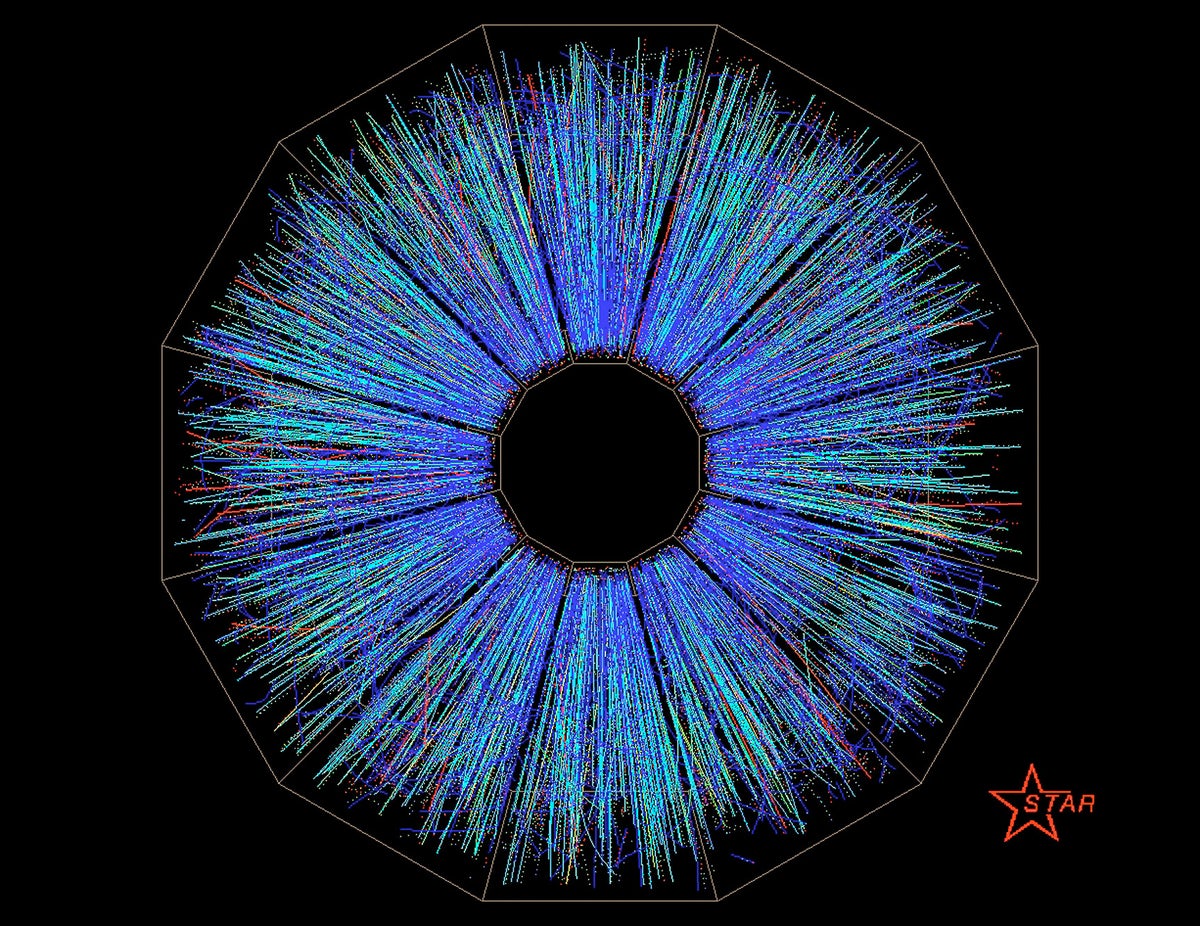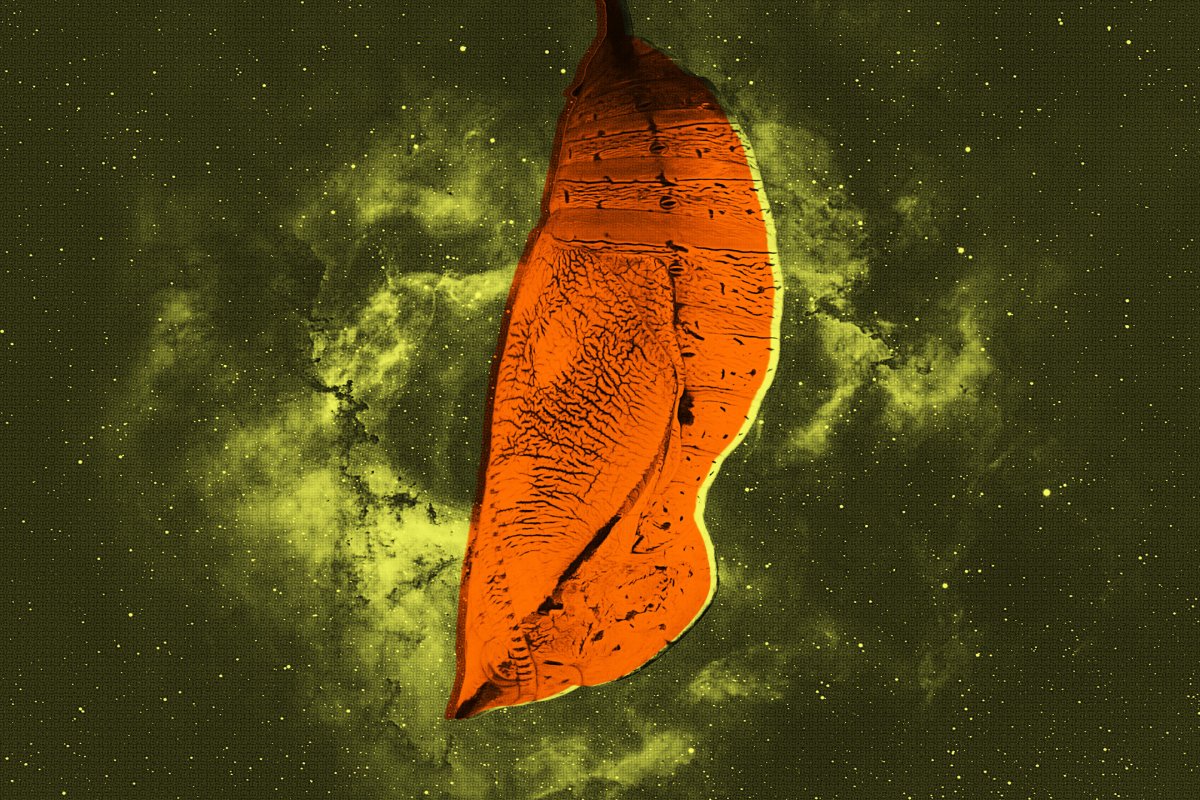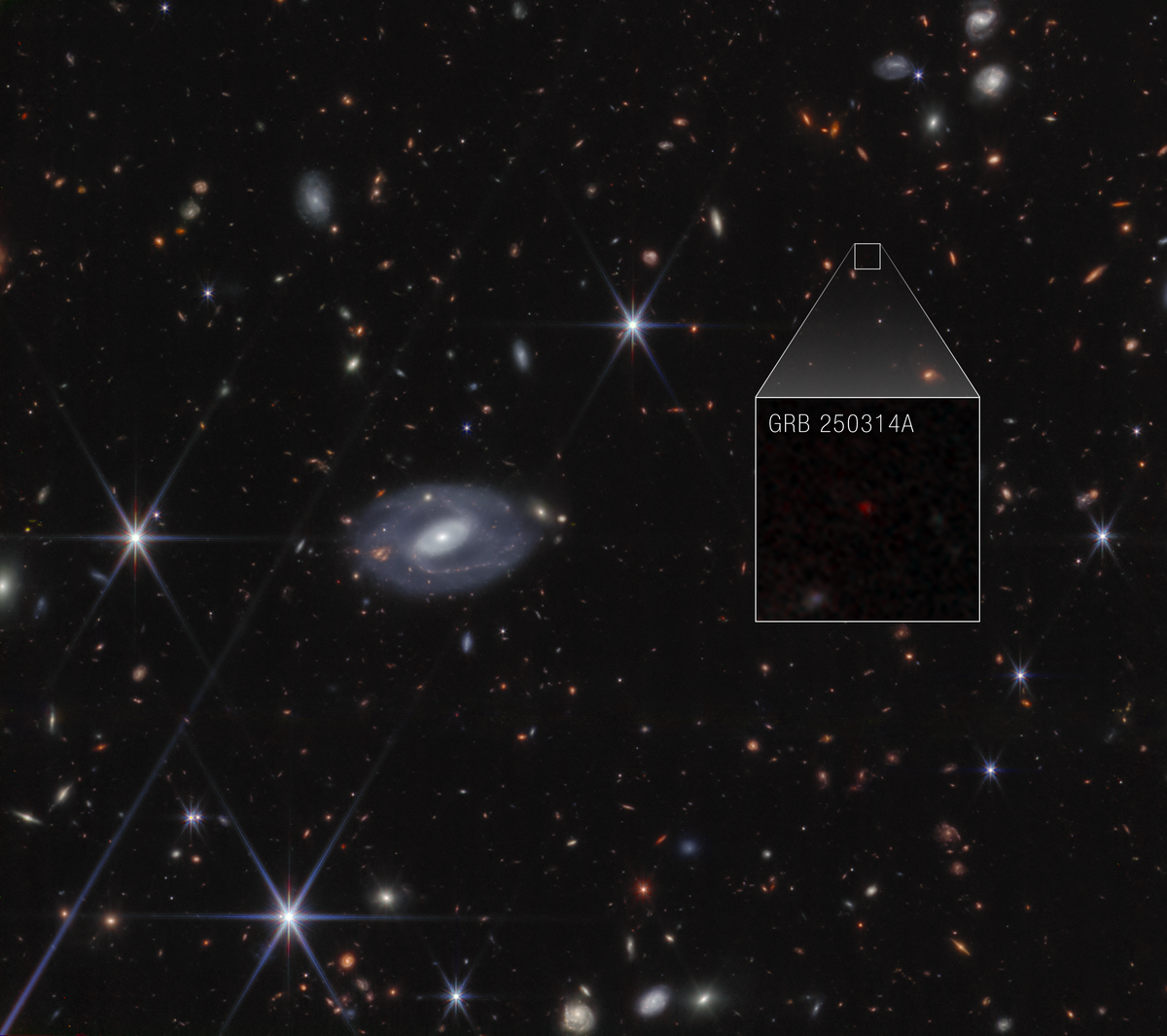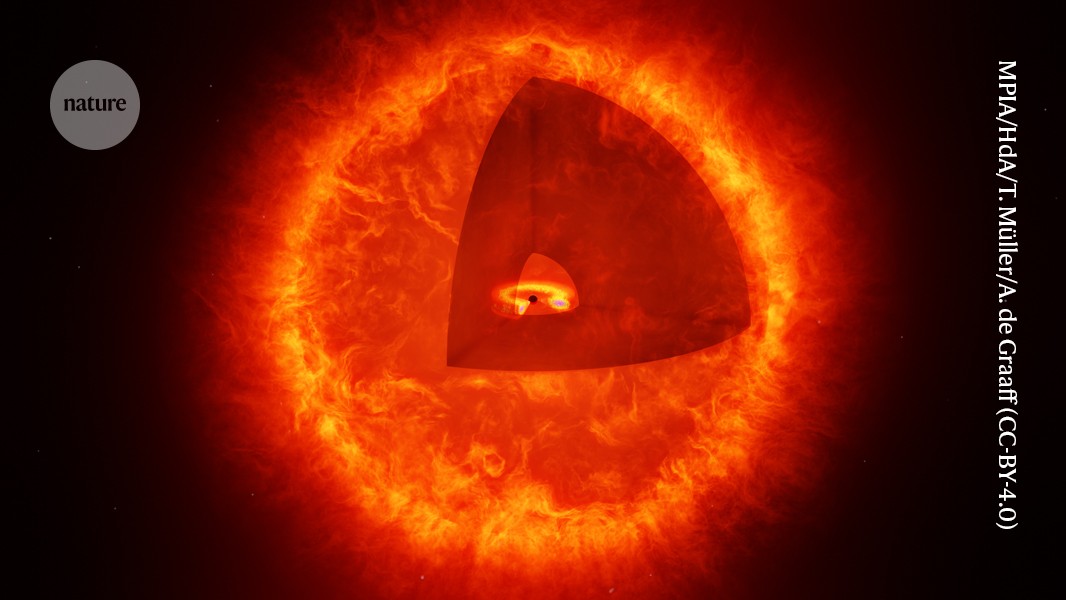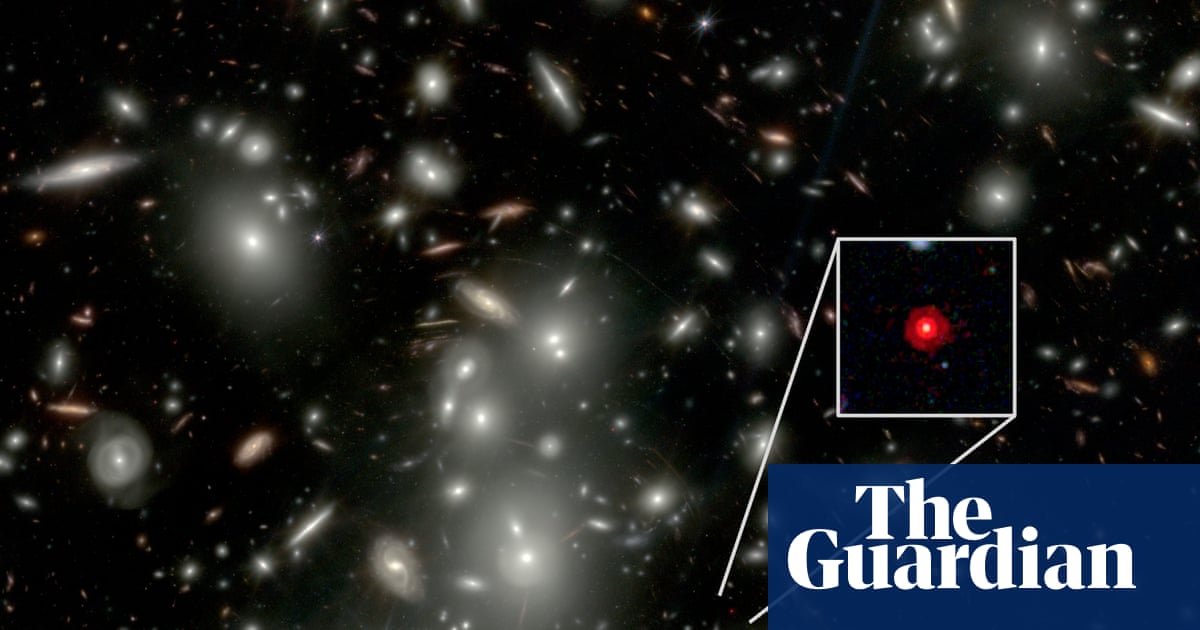fromwww.scientificamerican.com
4 days agoScience
U.S. physicists have bid farewell to the nation's last remaining particle collider, which spun gold into revolutionary discoveries
RHIC recreated the universe's primordial quark–gluon plasma, enabling breakthroughs in antimatter production, proton spin understanding, and glimpses of the Big Bang over a 25-year run.

